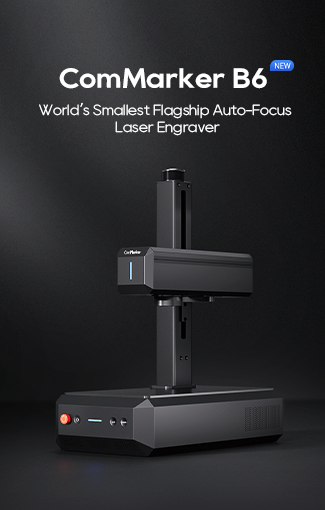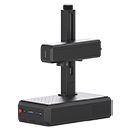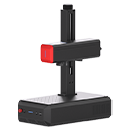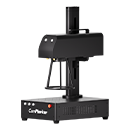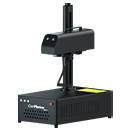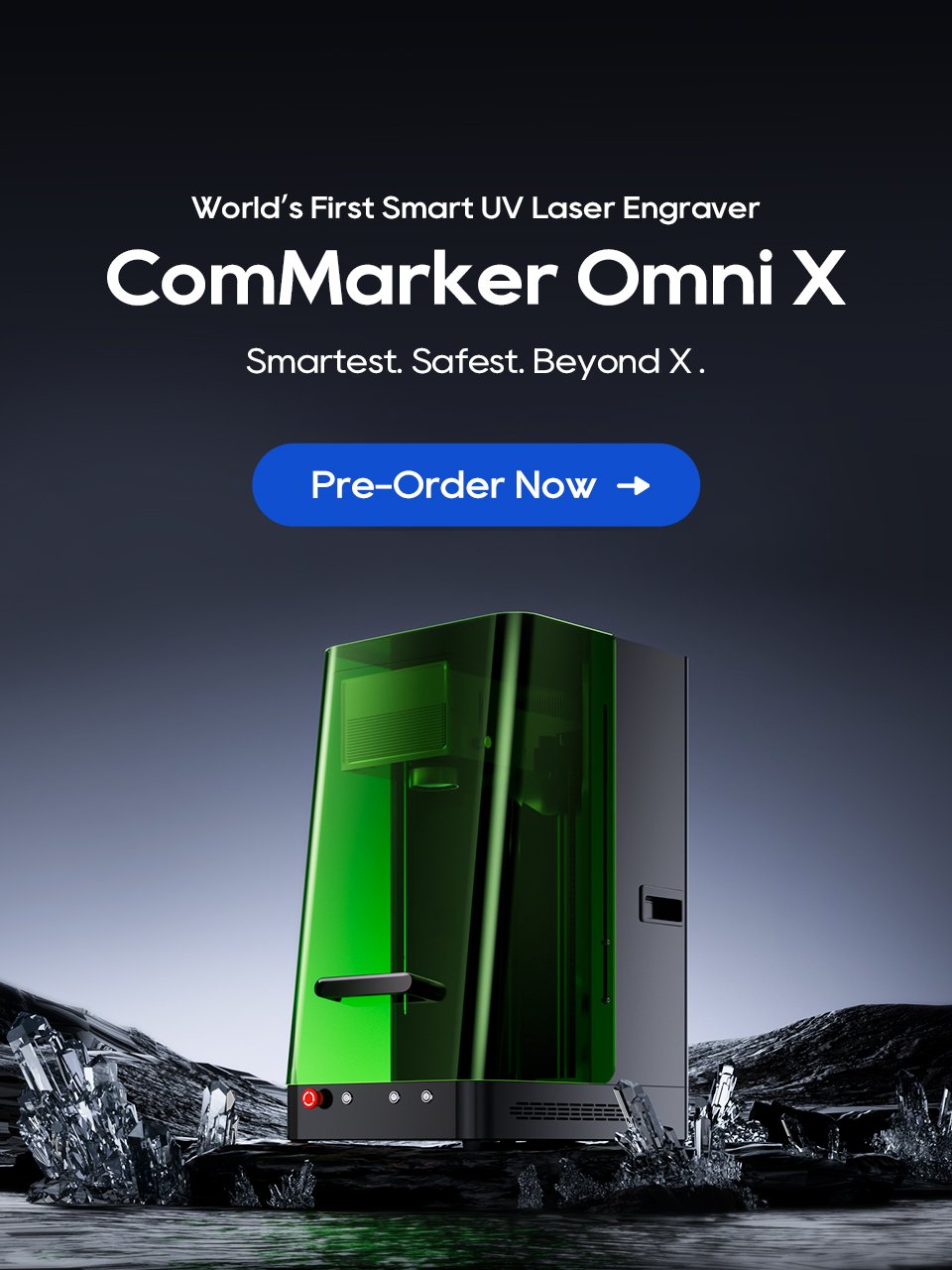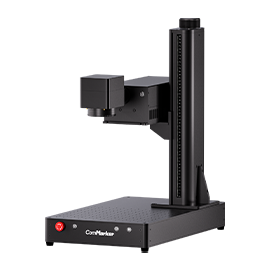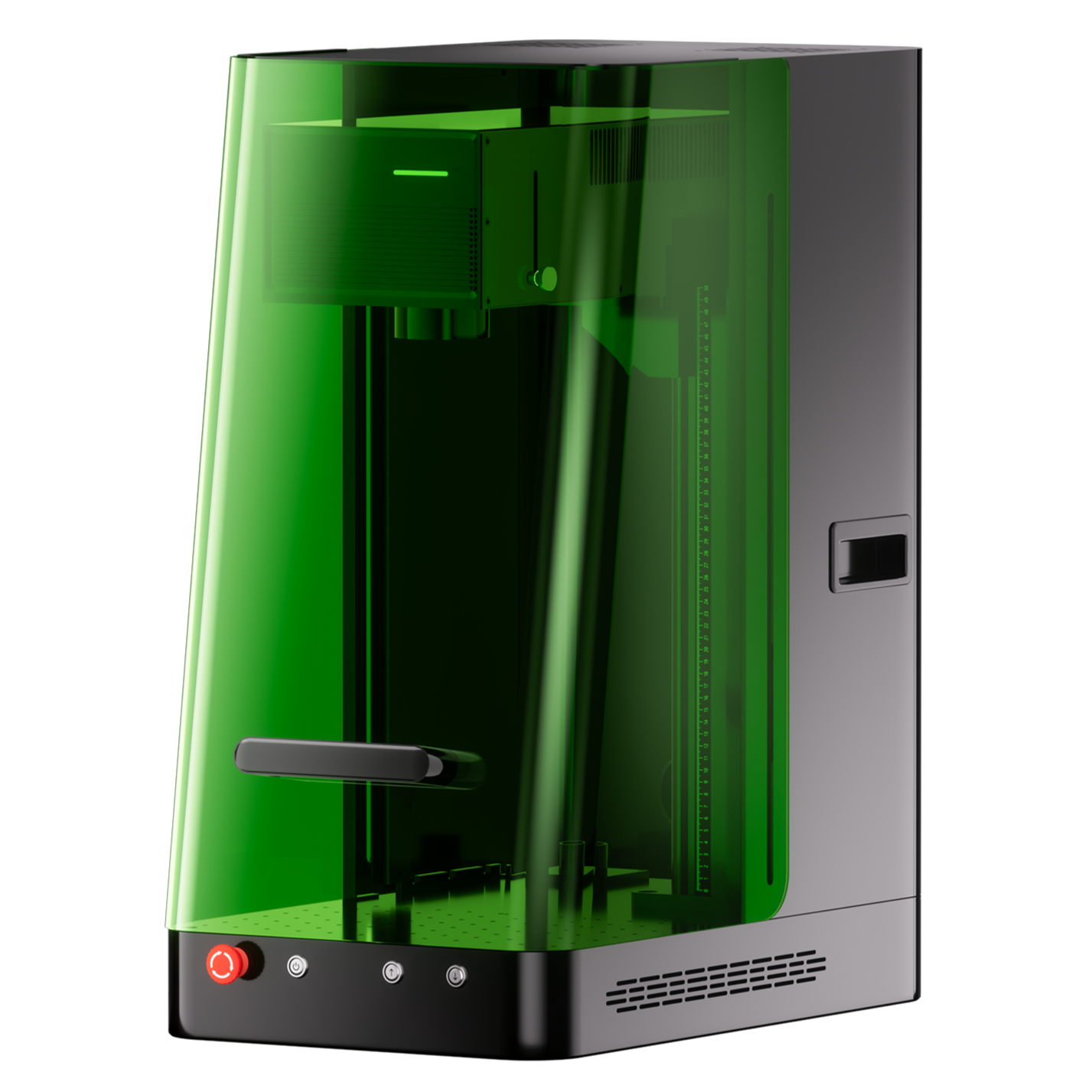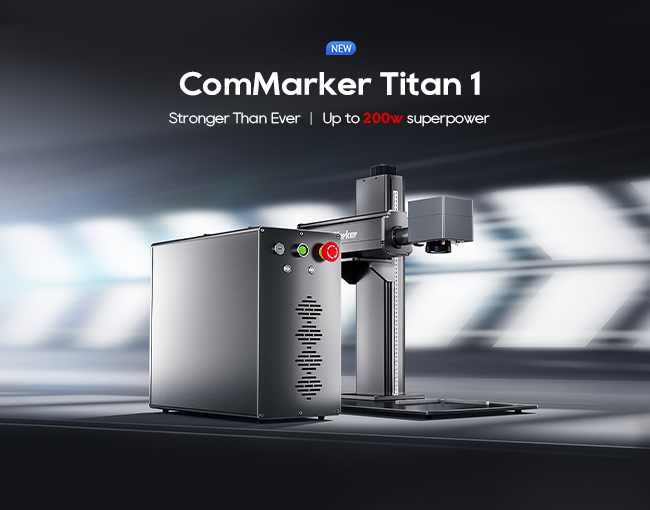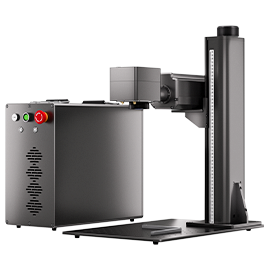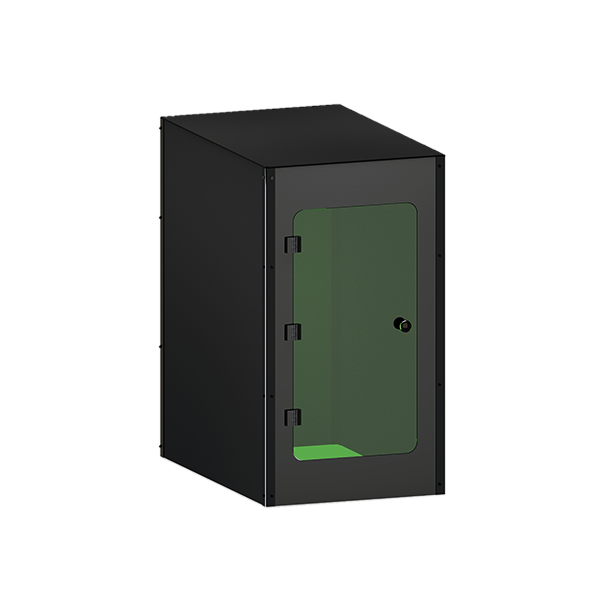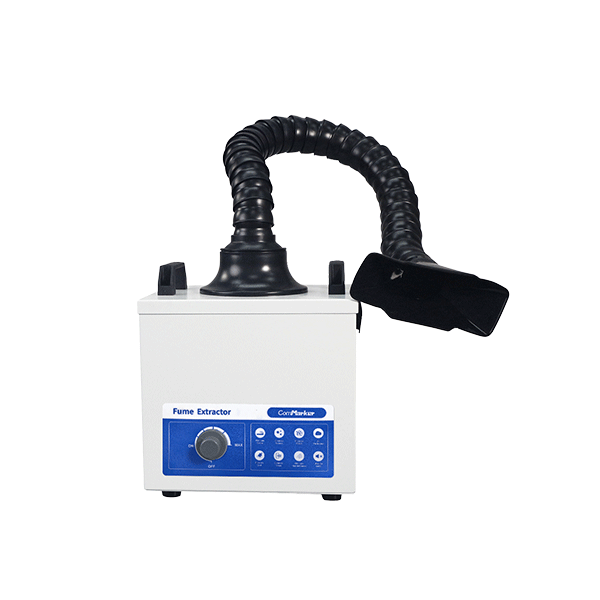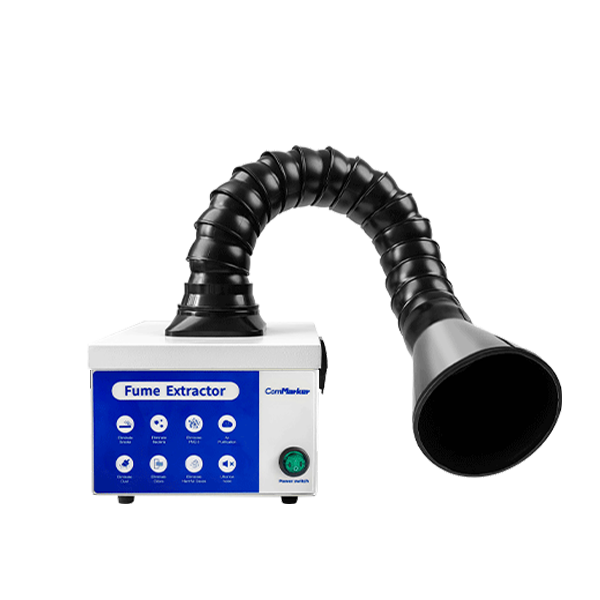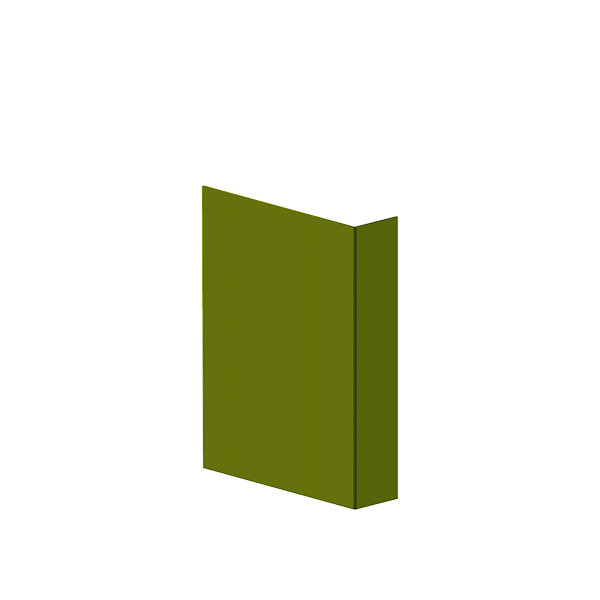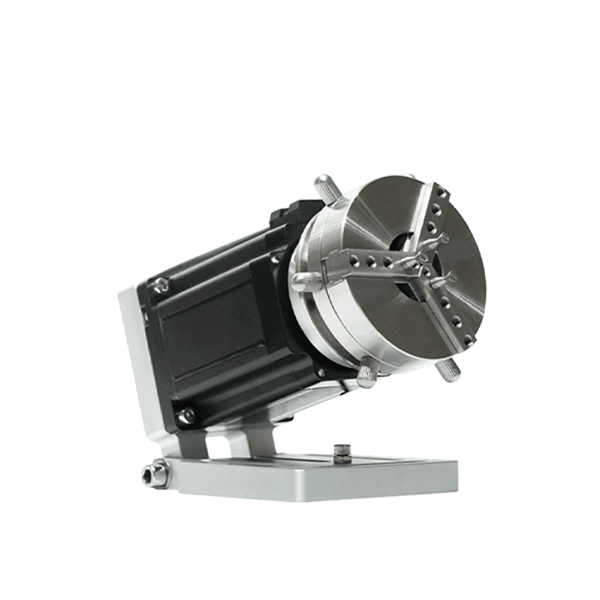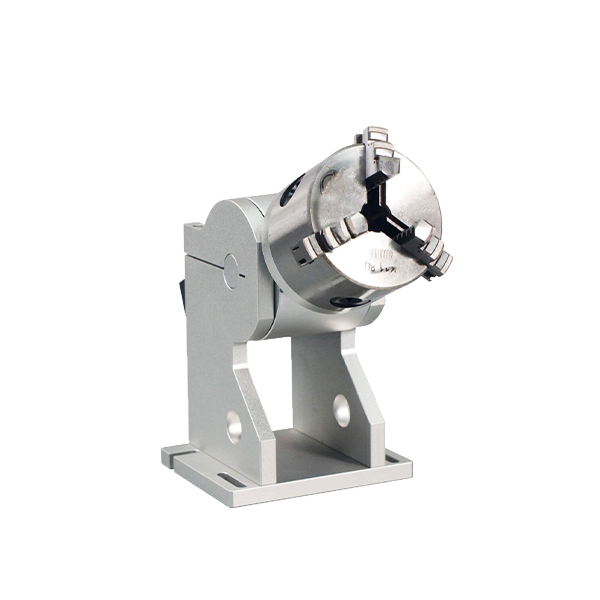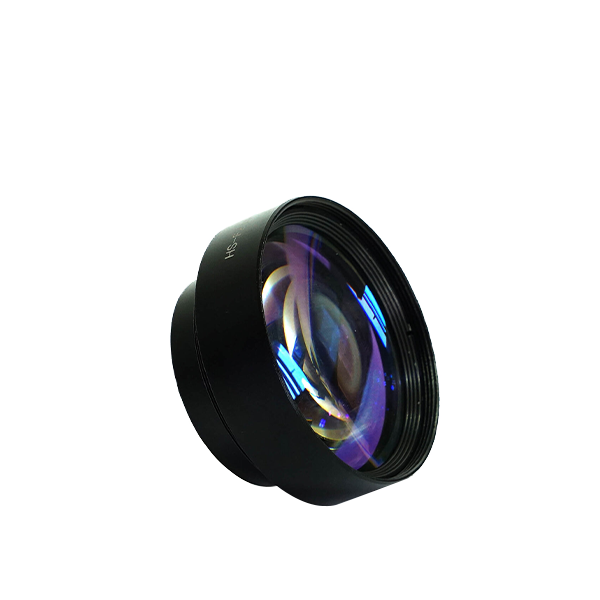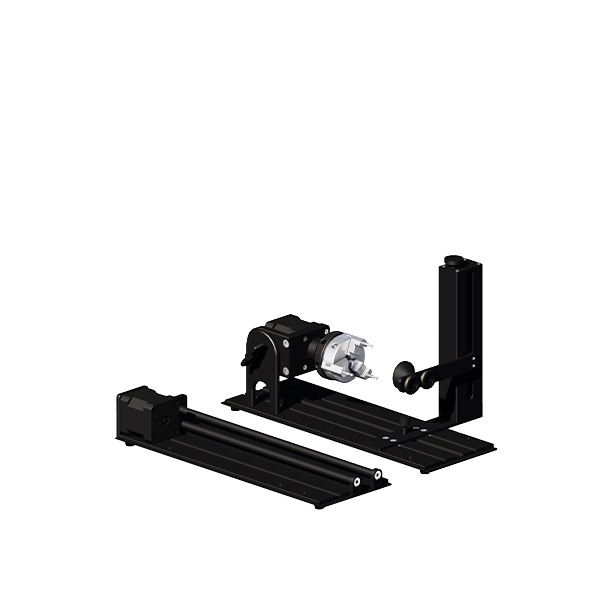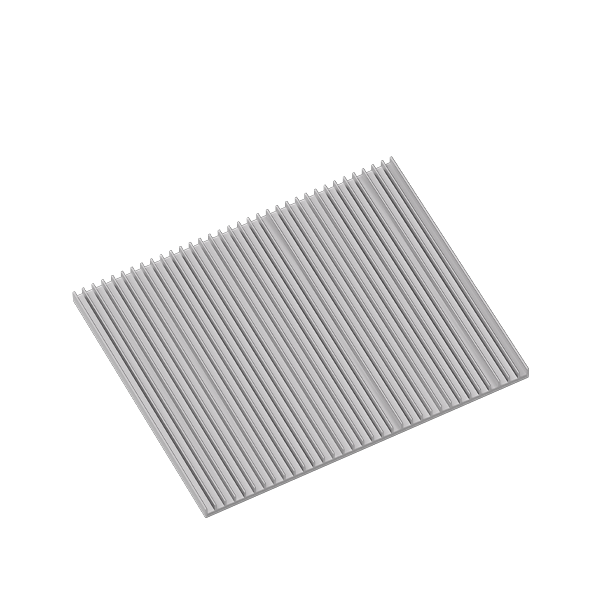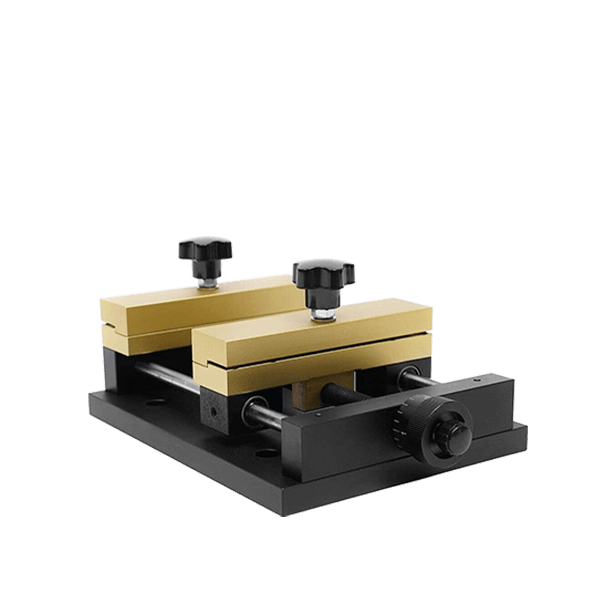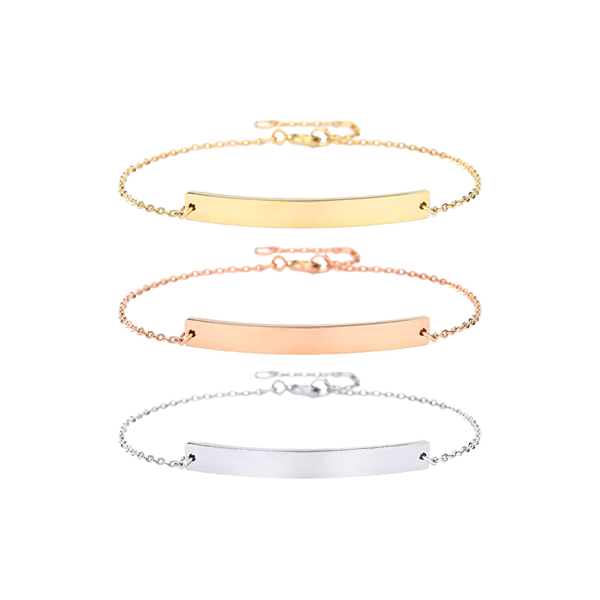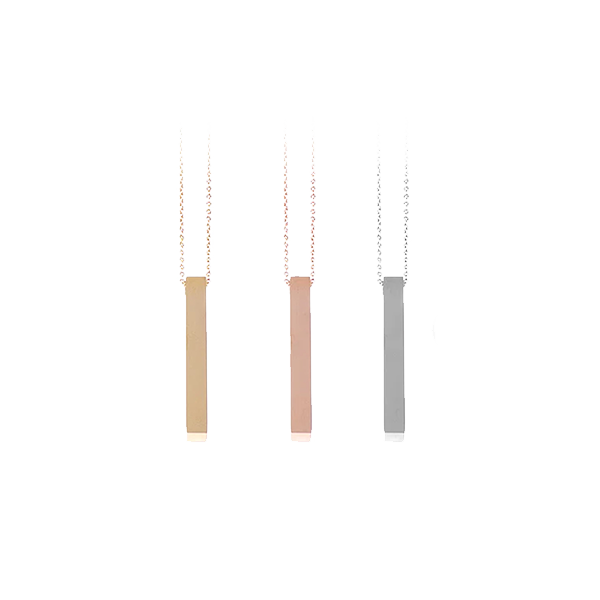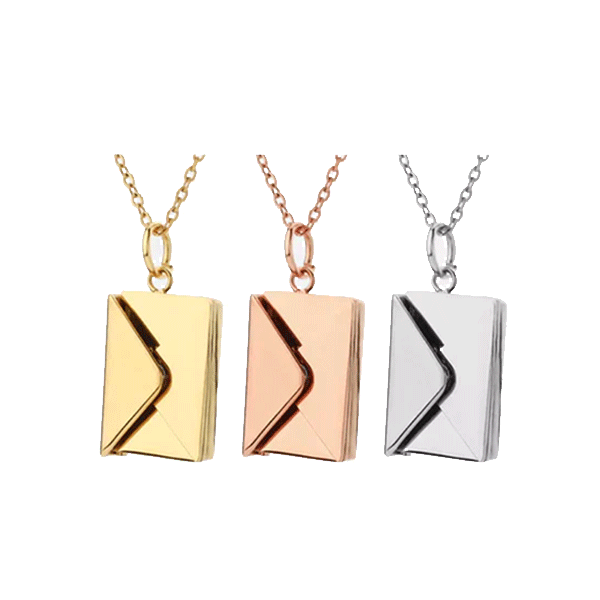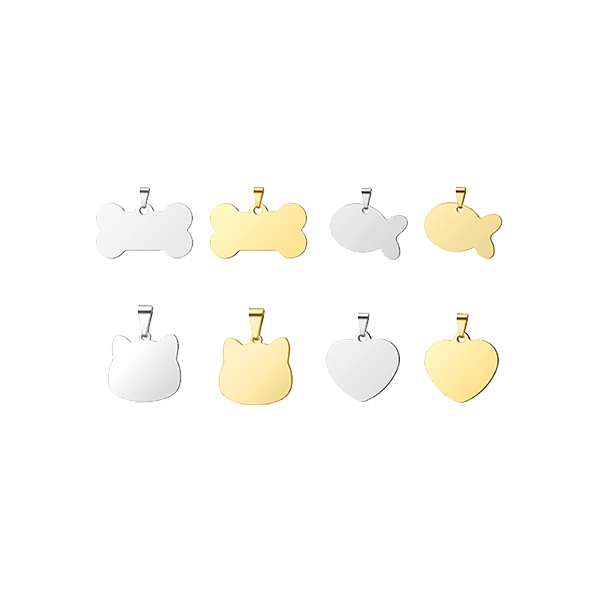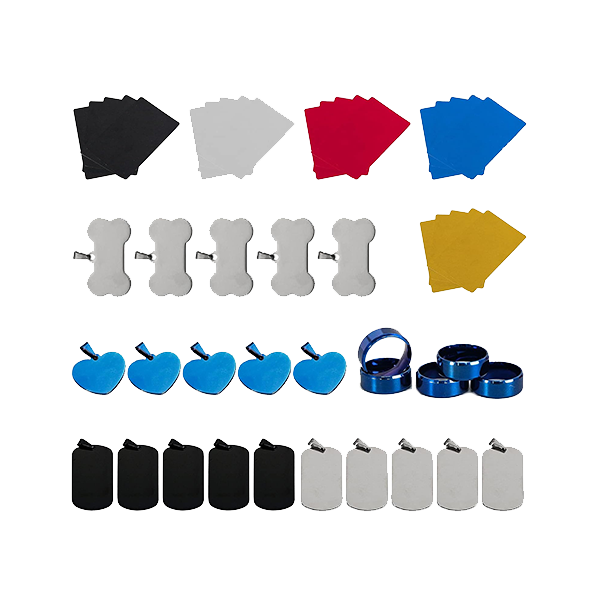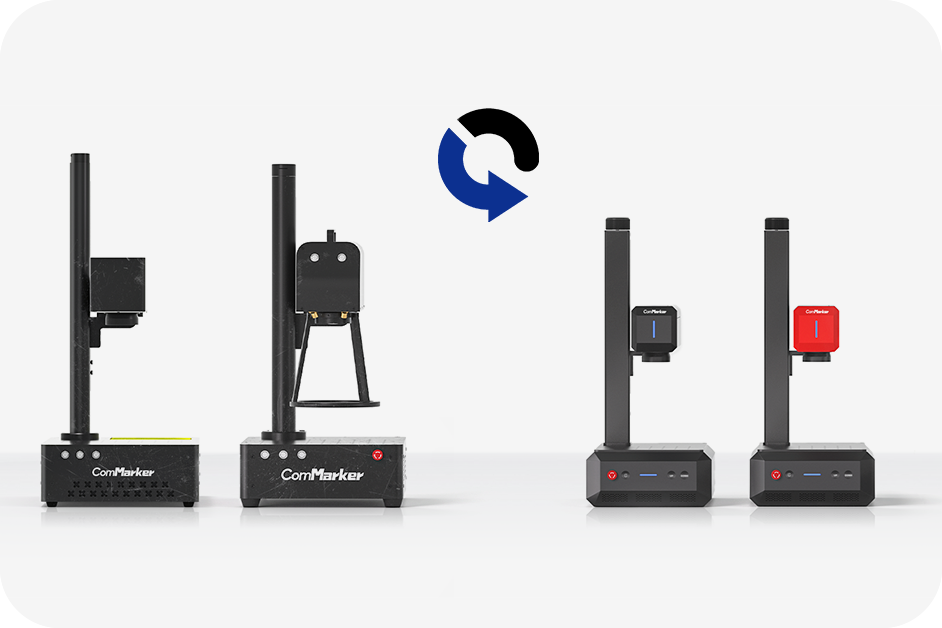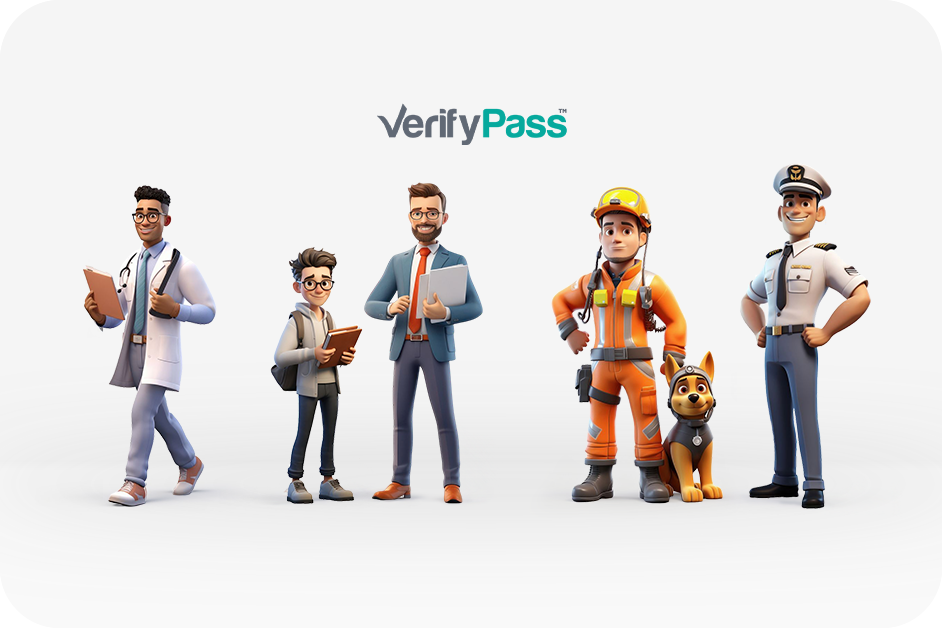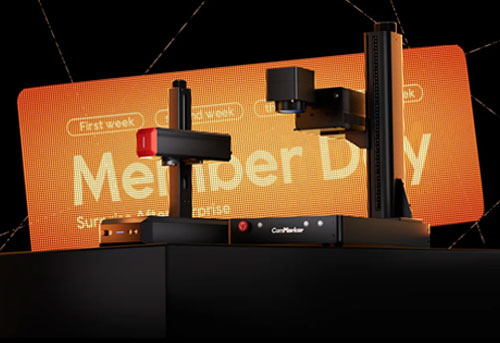When it comes to precision marking and engraving, ultraviolet (UV) and fiber lasers each offer unique strengths. ComMarker’s Omni 1 UV Laser Engraver, B6 MOPA Fiber Laser Engraver, and the high-power Titan 1 JPT MOPA Fiber Laser Engraver cover the full spectrum of engraving needs—from ultra-fine detail on delicate materials to heavy-duty metal cutting. This guide will help you decide between UV and fiber—and, if you need serious power, why Titan 1 might be your best bet.
1. UV vs. Fiber Laser: Quick Technology Breakdown
| Feature | UV Laser (Omni 1) | Fiber Laser (Titan 1 JPT MOPA) |
|---|---|---|
| Wavelength | 355 nm (cold light) | 1064 nm (infrared) |
| Power Options | 5 W / 10 W UV | 60 W / 100 W / 200 W |
| Spot Size & Resolution | ~0.01 mm spot, 16K HD | ~0.02 mm spot, 8K resolution |
| Heat-Affected Zone (HAZ) | Minimal—no burning or charring | Small but deeper cuts possible |
| Ideal Materials | Plastics, glass, ceramics, coated metals, wood, leather | Metals (steel, aluminum, brass), thicker plastics |
| Best For | Ultra-fine, burn-free detail | High-throughput metal engraving & cutting |
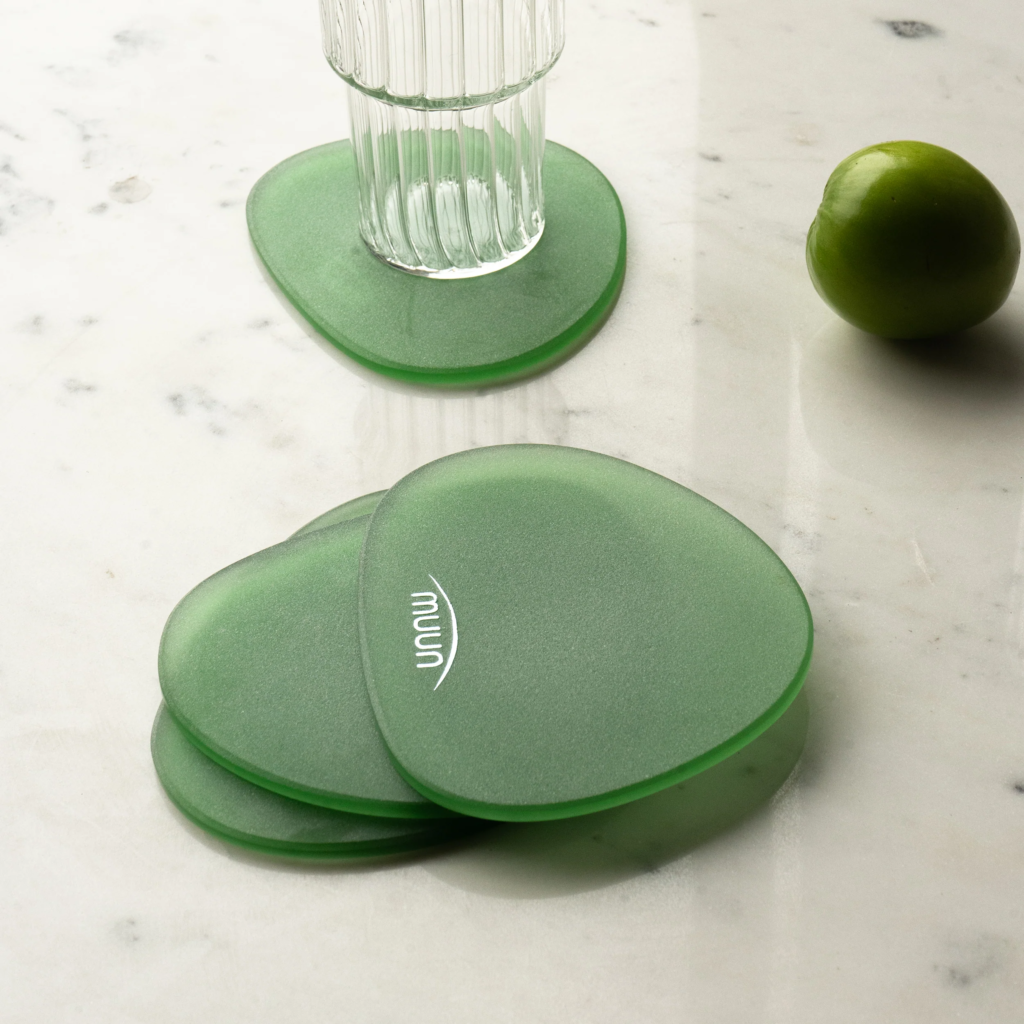
2. ComMarker Omni 1 UV Laser: Zero-Burn Precision
Why Choose UV?
The Omni 1’s 355 nm UV beam delivers cold-light marking, meaning virtually zero heat-affected zone—critical when you’re engraving:
- Clear acrylic without yellowing
- Glass without cracks or spidering
- Leather without scorching
Plus, its 16K HD resolution (0.001 mm accuracy) reproduces micro-circuit patterns and ultra-small text.
Sample Settings: Frosted Glass Coasters
- Software: LightBurn
- Power: 25%
- Speed: 300 mm/s
- Frequency: 40 kHz
- Line Interval: 0.03 mm
- Passes: 2
Result: Sharp, frosted engravings that stand up to dishwashing.
Troubleshooting Tips
- Faint Marks? Verify auto-focus is within ±0.2 mm of the surface.
- Uneven Frost? Slow speed (200 mm/s) and bump power to 30%.
- Lens Fogging? Add a small PC fan for localized airflow.
Ready for burn-free detail? → Buy Omni 1 UV Laser Engraver

3. ComMarker Titan 1 JPT MOPA Fiber Laser: Industrial-Scale Power
Why Titan 1?
Titan 1’s 200 W MOPA fiber laser is built for heavy manufacturing:
- Deep cutting: slice through up to 5 mm of stainless steel
- 3D engraving: multi-layer depth control (3D Slice mode)
- Color marking: vivid by tuning pulse width (10–400 ns)
- SpeedMax™: up to 15,000 mm/s for high throughput
Sample Settings: Stainless Steel Panel Logos
- Software: EZCad2
- Laser Power: 100% (200 W)
- Speed: 500 mm/s
- Frequency: 40 kHz
- Q-Pulse Width: 200 ns
- Line Interval: 0.02 mm
- Passes: 1
Result: Deep, permanent logos with high edge sharpness on 4 mm SS304.
Troubleshooting Tips
- Sheet Warping? Use air-assist at 20 PSI to cool edges.
- Inconsistent Depth? Run “Field Correction” in EZCad2 for bed alignment.
- Color Variations? Adjust pulse width in 10 ns increments for perfect contrast.
Need industrial horsepower? → Shop Titan 1 JPT MOPA Fiber Laser

4. Which Model Matches Your Workflow?
| Shop Type | Recommended Model | Why It Works |
|---|---|---|
| Custom Gifts & Crafts | Omni 1 UV | Burn-free on acrylic, glass, leather—perfect for personalized items. |
| Jewelry & Medical Tools | Omni 1 UV / Titan 1 | UV for micro-detail; Titan 1 for deeper engraving on metals. |
| Heavy Fabrication | Titan 1 | Best for thick-metal cutting, high-volume production. |
| Mixed-Material Shops | Dual-Station (UV + Titan 1) | Switch between UV finesse and fiber power seamlessly. |

5. Maintenance & Best Practices
- Optics Care: Clean lenses/mirrors every 50 hours using lens-grade isopropyl alcohol.
- Air Assist: For fiber on metal, 15–20 PSI reduces scorching and clears slag.
- Software Calibration: Quarterly “Field Correction” in EZCad2 or LightBurn ensures grid accuracy.
- Spare Parts Kit: Keep replacement lenses, mirrors, and a backup fiber module—optics degrade faster under heavy use.
6. Take Action
Whether you need zero-burn micro-precision or industrial-strength power, ComMarker has you covered:
Elevate your production, meet tight tolerances, and unlock new revenue streams with the world’s leading UV and fiber laser technologies.




